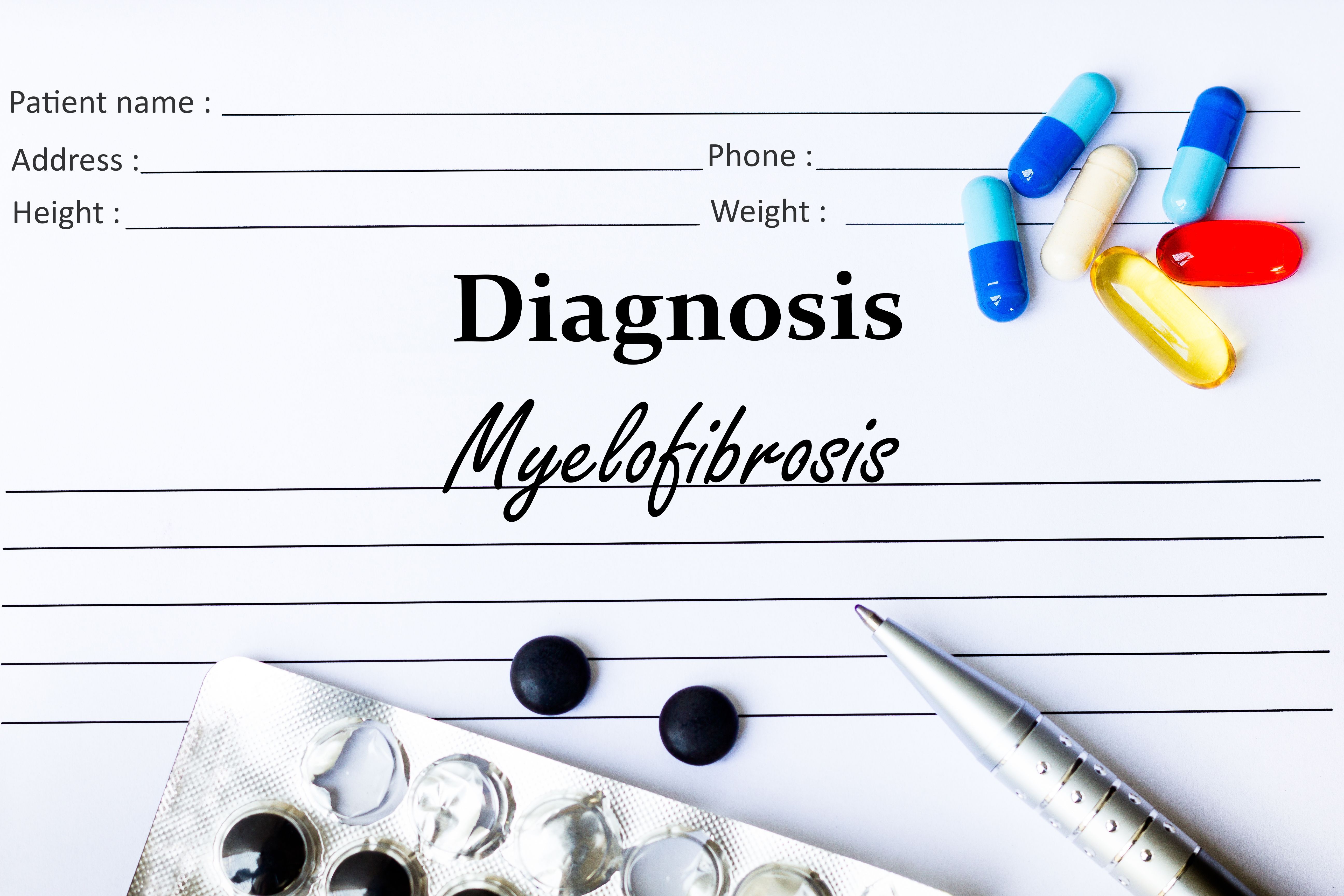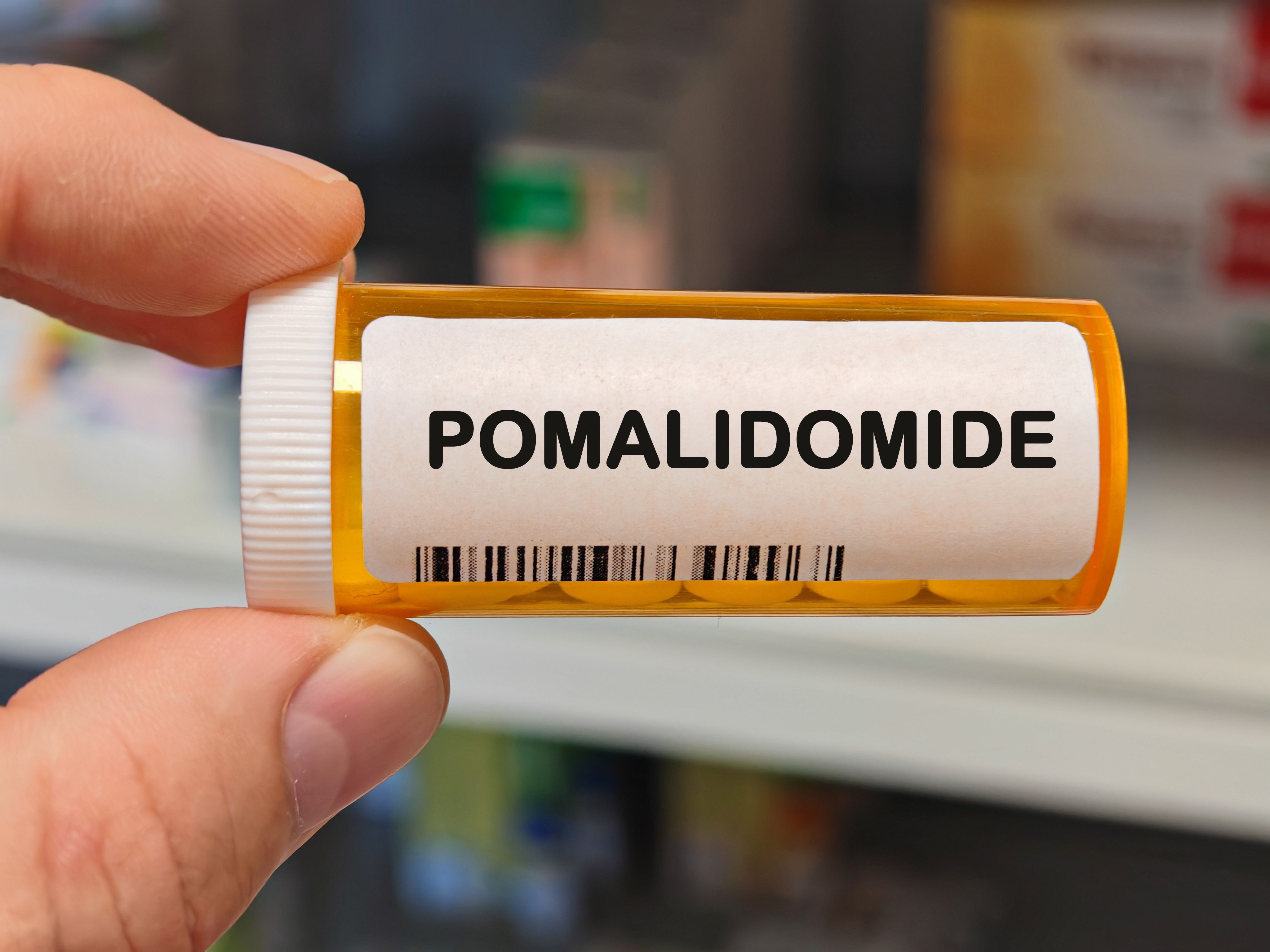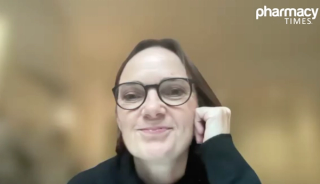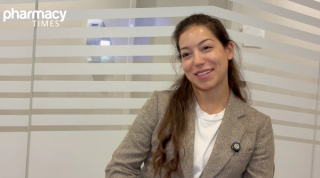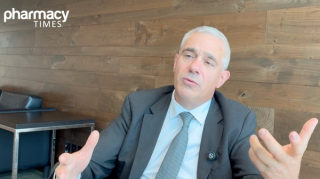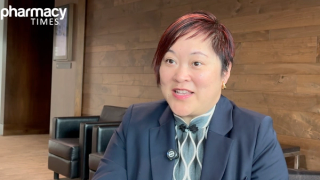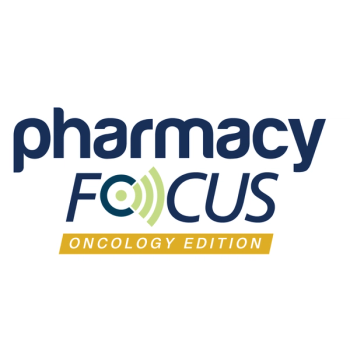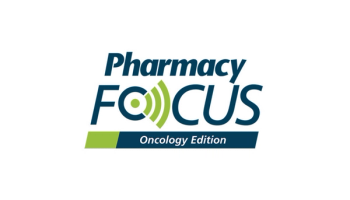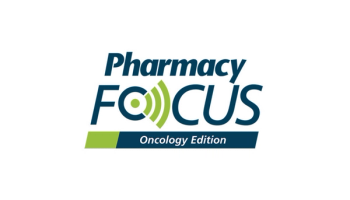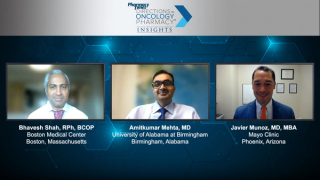
Hematology
Latest News
Video Series

Latest Videos
Podcasts
CME Content
More News

FDA approves mosunetuzumab's subcutaneous formulation, enhancing treatment access for relapsed follicular lymphoma.

FDA grants a national priority voucher to teclistamab and daratumumab for relapsed/refractory multiple myeloma, enhancing treatment approval speed.

Research reveals that isatuximab on-body injector shows consistent safety and efficacy across various body weight groups in multiple myeloma treatment.

New research highlights the benefits of adding isatuximab to standard therapy for newly diagnosed multiple myeloma (NDMM), improving patient outcomes and quality of life.
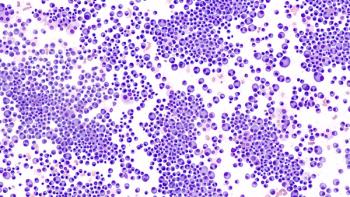
Teclistamab combined with daratumumab and hyaluronidase shows significant efficacy in relapsed multiple myeloma, potentially redefining treatment standards.

New long-term data reveal avapritinib's impressive efficacy and safety in advanced systemic mastocytosis.

Explore the advancements and challenges of allogeneic CAR T-cell therapies, including immune rejection and innovative engineering strategies for cancer treatment.

The Isa-VRd regimen shows consistent efficacy results across all age and frailty levels in patients with newly diagnosed multiple myeloma.
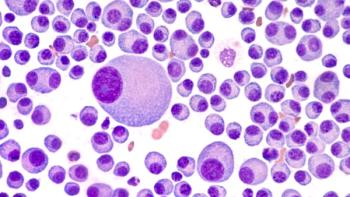
Pharmacists play a crucial role in optimizing CAR-T therapy outcomes by guiding bridging therapy decisions and enhancing patient safety through proactive collaboration.

Pharmacists enhance multiple myeloma care by managing cytokine release syndrome and advocating for safe vaccination strategies at ASH 2025.

New research reveals that effective bridging therapy before cilta-cel infusion significantly enhances safety and long-term outcomes in patients with multiple myeloma.
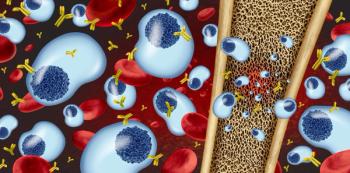
In an analysis of the intention-to-treat population of the BENEFIT study, investigators demonstrated improved sustained minimal residual disease negativity with the Isa-VRd regimen in newly diagnosed multiple myeloma (NDMM).
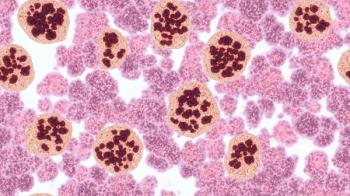
Experts at the ASH Annual Meeting and Exposition in Orlando, Florida, explored innovative strategies and treatments for improving outcomes in diffuse large B-cell lymphoma.

The American Society of Hematology (ASH) Annual Meeting and Exposition will feature the latest news, clinical trial updates, and key opinion leaders in the hematology field.

Breyanzi becomes the first FDA-approved CAR-T therapy for relapsed marginal zone lymphoma, offering hope with impressive response rates and durable outcomes.

MRD and ctDNA testing could revolutionize monitoring and diagnosing precursor diseases of multiple myeloma.

High-dose busulfan-melphalan enhances VRd therapy, improving progression-free survival in high-risk multiple myeloma patients undergoing ASCT.

Mount Sinai's study uncovers how ciltacabtagene autoleucel enhances long-term remission in multiple myeloma by leveraging the patient's immune response.
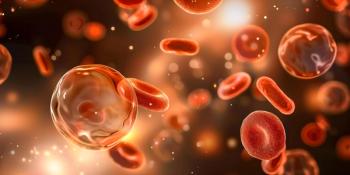
Ziftomenib gains FDA approval as a targeted treatment for relapsed acute myeloid leukemia with NPM1 mutations, offering new hope for patients.

Talquetamab shows promising efficacy in heavily pretreated patients with relapsed/refractory multiple myeloma, reinforcing its role in advanced treatment strategies.
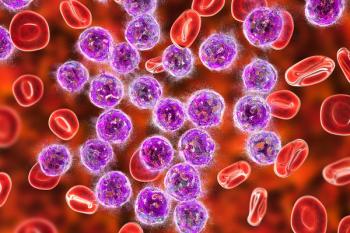
Leukogene's M2T-CD33 gains FDA orphan drug status, promising a novel immunotherapy approach for acute myeloid leukemia treatment.

CAR-T and BsAb therapies revolutionize multiple myeloma treatment but pose infection risks, necessitating vigilant monitoring and tailored prevention strategies.
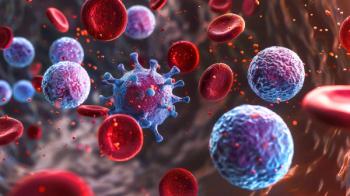
RSV infections in multiple myeloma patients delay treatment but do not increase mortality, highlighting the need for further research on infection management.

Expert shares notable findings presented at the 2025 IMS Annual Meeting.

Revumenib was approved for adults and pediatric patients 1 year and older with relapsed or refractory acute myeloid leukemia.




